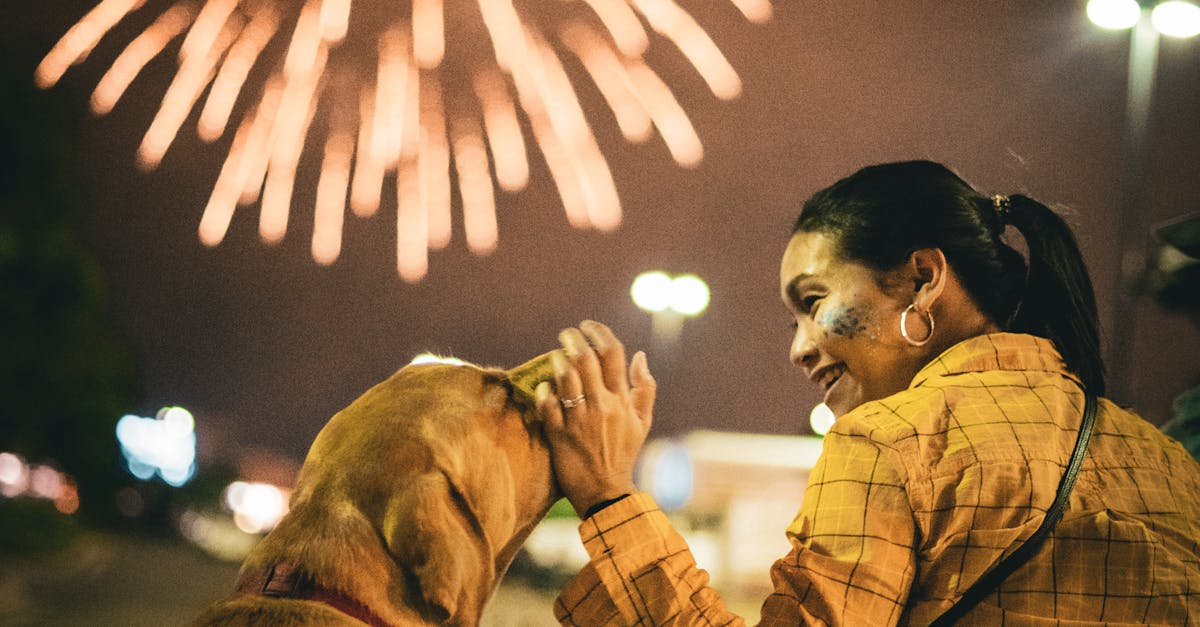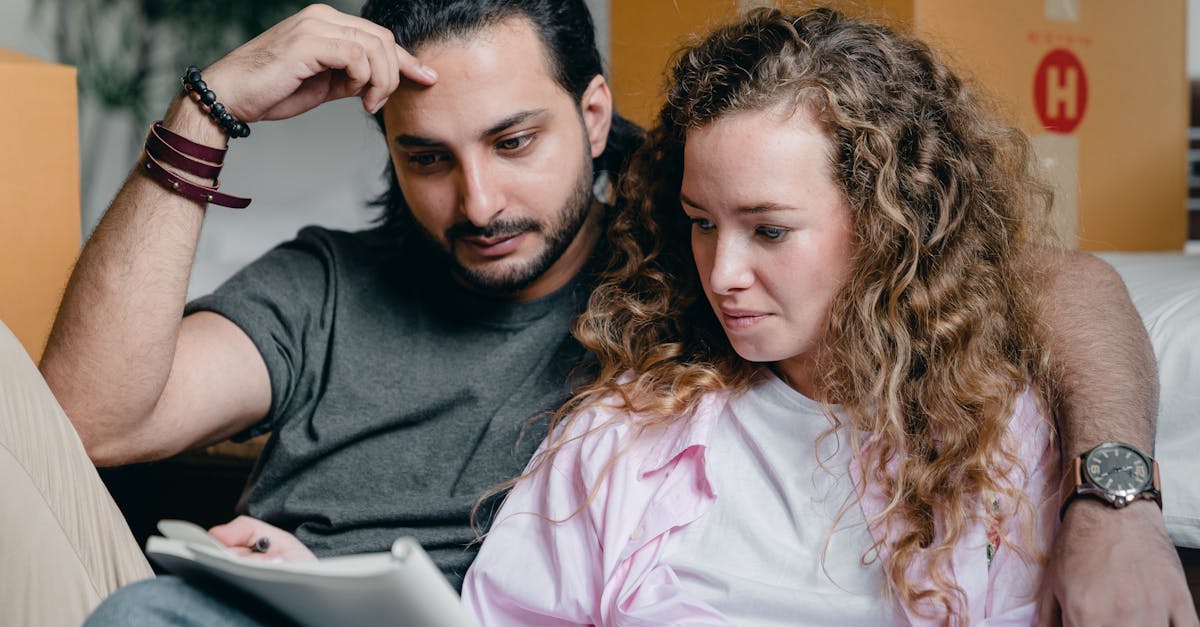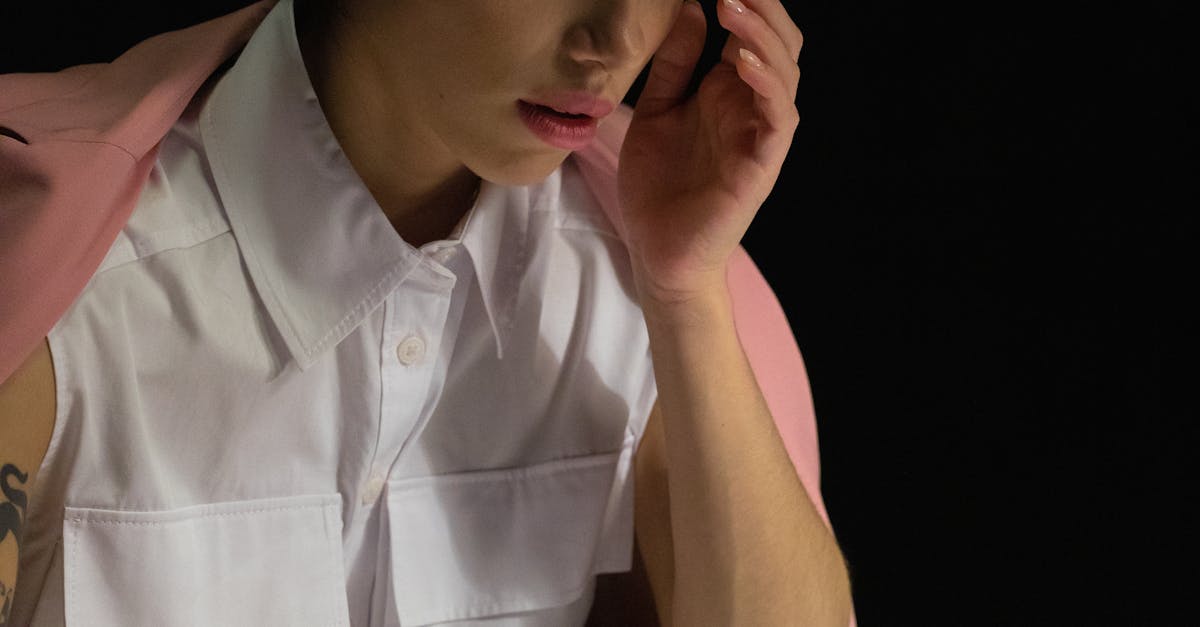
Why Does My Dog Pant At Night
- October 03, 2024
- 4 min Read
- Views 406
Why Does My Dog Pant at Night?
Understanding your pet's behavior is crucial for ensuring their well-being and comfort. A common concern among pet owners is, "Why does my dog pant at night?" While panting is a normal canine behavior, frequent night-time panting may indicate various underlying issues. This article will explore the reasons behind this behavior and provide guidance on how to help your furry friend.
Normal Reasons Your Dog Might Pant at Night
Panting is a natural way for dogs to regulate their body temperature and it often occurs after exercise or during hot weather. Some breeds are naturally more prone to panting, like brachycephalic dogs such as bulldogs and pugs, due to their facial structure. Therefore, if your dog is panting lightly at night in a warm room or right after playing, this behavior can be considered normal. However, if panting is heavy and persistent, this could suggest other issues.
Medical Conditions That Cause Panting at Night
If your dog is panting excessively at night without a clear environmental cause, medical conditions might be at play. There are several health issues that could lead to nocturnal panting:
- Anxiety or Stress: Dogs can experience anxiety due to changes in their environment, separation from their owners, or loud noises. This stress may cause your dog to pant more at night.
- Pain: Discomfort or pain from an underlying health issue such as arthritis or injury could be a reason your dog pants at night. Dogs often exhibit increased sensitivity to pain when they are trying to rest.
- Heart Disease: Conditions like congestive heart failure can cause increased breathlessness and panting, particularly noticeable at night when your dog is resting.
- Respiratory Issues: Disorders affecting the respiratory system, including infections or chronic diseases like laryngeal paralysis, might make breathing more difficult, thus increasing panting.
- Cushing's Disease: This condition leads to excessive cortisol production and can result in increased panting.
- Heatstroke: Severe overheating can lead to dangerous panting as dogs try to cool down their body temperature.
Environmental Factors Influencing Panting
Environmental conditions can significantly impact how often and why a dog pants at night. Here are some common external factors to consider:
- Room Temperature: If your home or the room where your dog sleeps becomes too warm, your pet may pant to cool down. Consider adjusting the thermostat or providing a fan to alleviate this issue.
- Humidity Levels: High humidity can compound warmth, making it more difficult for dogs to cool themselves, thus exacerbating panting.
- Excitement or Playfulness Before Bed: If your dog has been active or excited just before bedtime, it might continue to pant as it winds down.
Guide: Steps to Address Night-time Panting
If you've been wondering, "Why does my dog pant at night?" follow this guide to address and reduce the behavior:
- Observe and Record Behavior: Keep a journal noting when your dog pants at night and any activities or environmental conditions present that may contribute to it.
- Provide a Comfortable Sleeping Environment: Ensure your dog's sleeping area is cool, quiet, and comfortable. Offer bedding that is either warm or cooling, depending on your dog’s needs.
- Adjust Activity Levels: Try to engage your dog in exercise well before bedtime to allow adequate time to relax and cool down before sleeping.
- Consult a Veterinarian: If excessive panting becomes frequent or concerning, seek veterinary advice to rule out medical conditions that could be causing discomfort or distress.
- Address Any Emotional Triggers: Consider whether changes in routine, environment, or social interactions could be causing stress and work towards alleviating these triggers.
FAQ
Q: Is it normal for my dog to pant before sleep?
A: Panting before sleep can be normal if your dog has been exercising or if the room is warm. However, consistent panting may indicate something more serious.
Q: Can diet affect my dog's panting?
A: Yes, certain foods might influence stress levels and overall health, affecting how much a dog pants. A balanced diet supports a healthy body and potentially reduces panting.
Q: Should I be worried if my elderly dog pants at night?
A: Older dogs often experience breathlessness due to age-related health issues, so it's advisable to have them checked by a vet to ensure their comfort and health.
Tags
#DogPanting #PetHealth #NocturnalBehavior #CanineCare #DogAnxiety #DogBreathing #NightPanting
References
For further reading on canine health and behavior, consider visiting these reputable websites:
People Also View
-
1October 14, 2024
-
2October 03, 2024
-
3October 02, 2024
-
4October 13, 2024
-
5October 14, 2024
Categories
- Near Me 2147 Posts
- How To 548 Posts
- Where To 257 Posts
- Why 90 Posts
- How Much 97 Posts
- Travel 202 Posts
- Food And Drink 815 Posts
- Shopping 797 Posts
- Lifestyle 1050 Posts
- Automotive 364 Posts
- Digital Income 70 Posts








